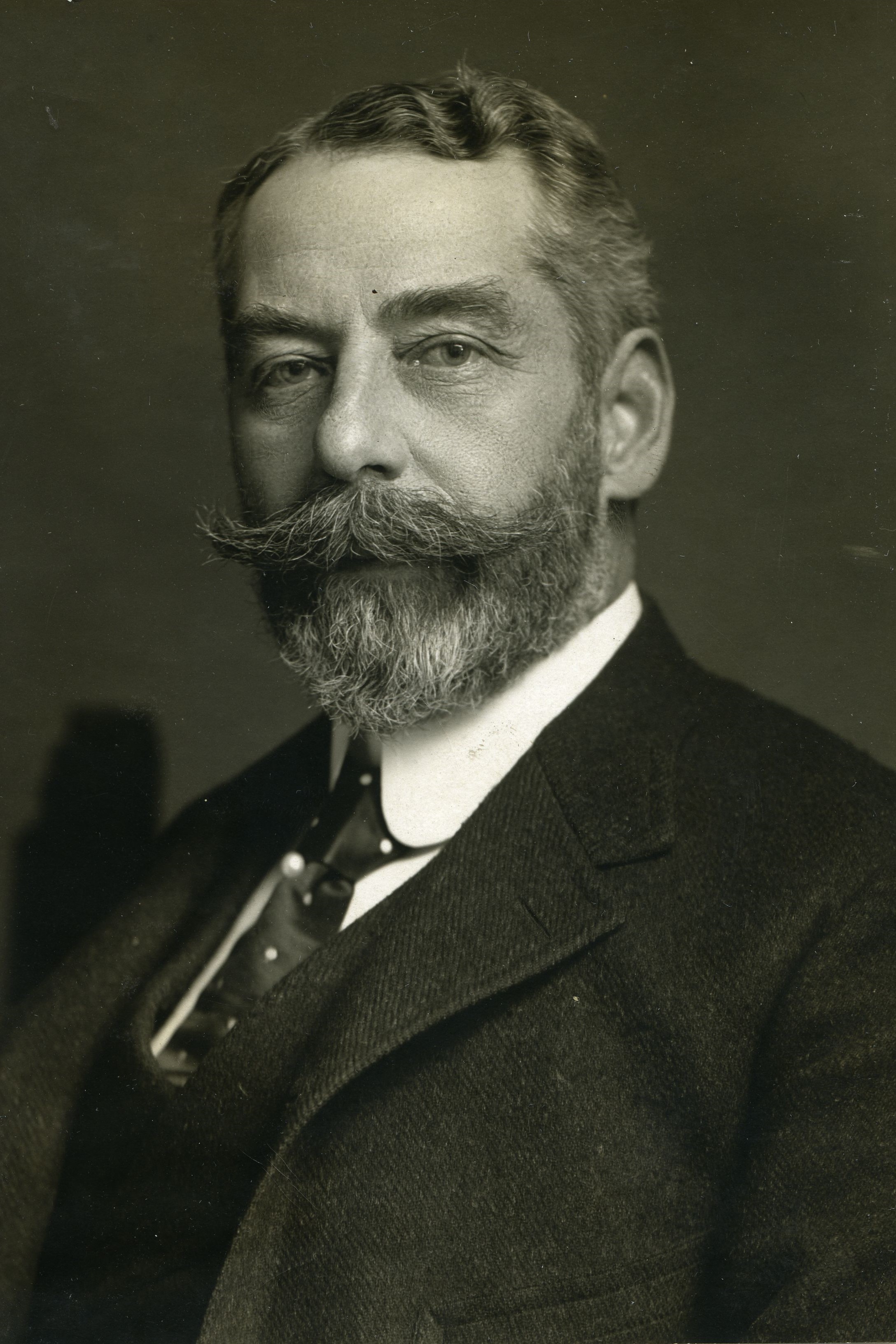Financier
Centurion, 1890–1934
Born 27 June 1852 in New York (Manhattan), New York
Died 21 September 1934 in Tuxedo Park, New York
Buried Green-Wood Cemetery , Brooklyn, New York
, Brooklyn, New York
Proposed by Stephen P. Nash and Buchanan Winthrop
Elected 5 April 1890 at age thirty-seven
Archivist’s Note: Brother of William Bayard Cutting; father of Fulton Cutting; uncle of Bronson Cutting
Seconder of:
Century Memorial
How great a debt the citizens of New York owe to the few resolute men whose personal energies have held the city government to its duties, New Yorkers do not always realize. The task has its unpleasantness. It necessitates watchfulness that is often by circumstance made actually hostile; protest or criticism that will be resented by politicians, who regard it as meddlesome interference. The organized bodies which stand behind such censors comprise only a small part of the electorate; by the rest of New York’s citizenship, such activities appear sometimes to be regarded with indifference or dislike. Particular qualities are required to pursue the task effectively—capacity for investigating facts in the face of official hostility, full knowledge of the law, readiness to confront powerful delinquents with proof of their delinquency, and stubborn purpose. All of these qualities were possessed, during nearly half a century of unofficial public service, by Robert Fulton Cutting.
Of political ambition for himself, Cutting had none. The proposal by the Citizens’ Union, that he should run for Mayor when chances favored an independent candidacy in 1901, was received by him with something like dismay. He vetoed the suggestion, but promised to “get the man for the job” and induced Seth Low to run. President during many years of the Citizens’ Union, chairman of the National Institute of Public Administration, active participant in organizing the Citizens’ Budget Commission and the Bureau of Municipal Research, his work was always that of an independent citizen. How much worse the past year’s tangle of municipal finances might have been but for the constant restraint applied by those bodies in the past to the graft and recklessness of Tammany administrations, it is not hard to imagine. In work for the public interest, in whatever direction, Cutting was absolutely unsparing of himself. His exacting duties in the keeping of watch on the city bureaus were accompanied by responsible leadership in managing Cooper Union, the Association for Improving the Condition of the Poor, the Metropolitan Opera House, numerous hospitals, social settlements and model tenement enterprises. Like De Forest, he gave the best of himself to his fellow-citizens.
Alexander Dana Noyes
1935 Century Association Yearbook

